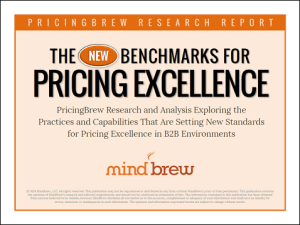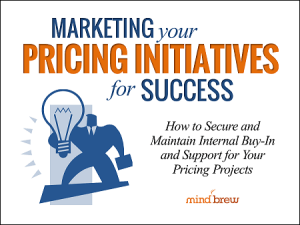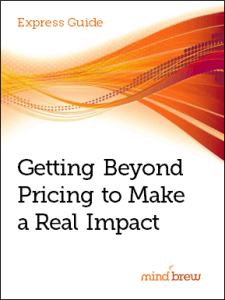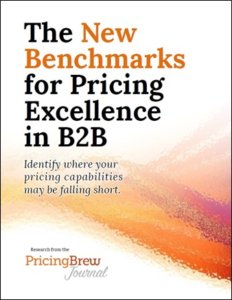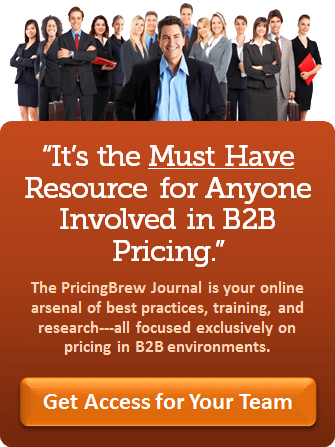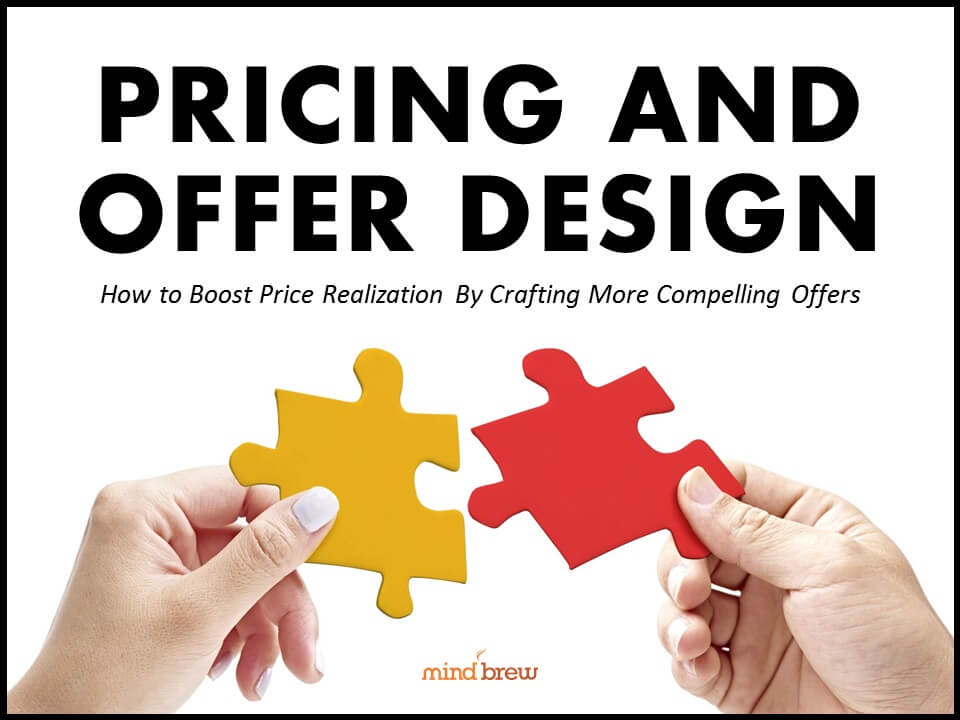When B2B firms have issues with their prices, they sometimes jump to the conclusion that the root cause is a problem with their processes. They assume that their pricing practitioners know how to set good prices, so the trouble must originate in their systems. As a result, they focus on improving their pricing efficiency. That is, they streamline their workflows, tweak the approval process, and/or invest in technology designed to help their pricing team make better use of their time.
Improving your efficiency might be helpful in a small sense, but if you want to make major improvements, you’re going to need to improve your pricing effectiveness.
What’s the difference?
With tax season just behind us, an IRS example might be helpful here. Imagine that the federal government found itself in a position where it wasn’t collecting enough taxes to pay its bills. (Hard to imagine, we know.) Now imagine that in order to fix this problem, the IRS overhauled its workflows. It streamlined operations so that it cut the time to process an income tax return in half, and it invested in technology that made it much easier to spot tax cheats.
Those efficiency improvements might be very helpful. The IRS might even save several hundred thousand dollars. But they aren’t going to generate the millions or billions it would take to balance the federal budget. For that, Congress would need to re-examine tax policy to make it more effective.
It works the same way in pricing. If you really want to make large-scale improvements, you need to focus on your pricing effectiveness, not your pricing efficiency. Having the best possible prices for each of your products and services is going to have a much bigger impact on your bottom line than improving the way you push papers around. Of course, efficiency is good—it’s just not as important as effectiveness.
Pricing leaders understand that distinction, so when they look to make improvements, they look for ways to improve their fundamental pricing capabilities—not their processes. They focus on areas like new product pricing, list and matrix pricing, and negotiation, looking for ways to become more effective.
What about your firm? Are you focused on effectiveness or efficiency? Here are a few self-assessment questions to help you decide:
- Have those who are setting or negotiating prices received training in sound pricing practices? Or are they just expected to intuitively know what to do?
- Are your efforts focused on improving the price-points themselves? Or are they primarily focused on process steps, turnaround times, and enforcement?
- Are your prices based on value-to-the-customer and willingness-to-pay? Or are they simply a markup over cost or competitive price-matches?
These questions come from the PricingBrew Research Report New Benchmarks for Pricing Excellence in B2B. The report also identifies nine other areas where best practices have been redefined in recent years, and it offers self-assessment questions that can help you figure out if your firm is leading the pack or falling behind when it comes to pricing.
Focusing on efficiency rather than effectiveness is going to make a huge difference in the success or failure of your pricing practices—and ultimately, the success or failure of your company.

